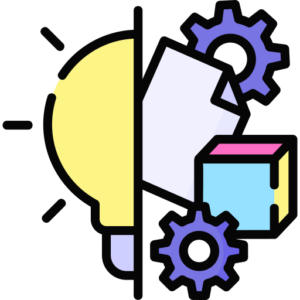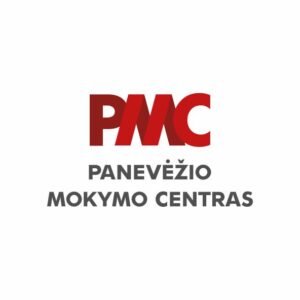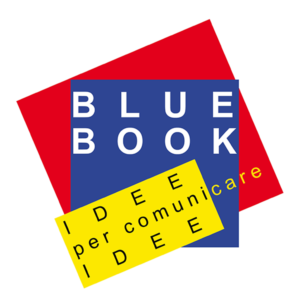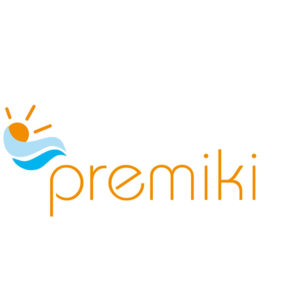Project

Introduction
Funded by the Erasmus + programme, VET sector, the project has as a priority objective the creation and testing of innovative methodologies and tools for training and for the labor market, in a perspective of active and inclusive collaboration that will involve all those who, from different points of view, deal with tourism and in particular with accessible tourism.
Addressing individuals and organisations operating in different sectors – Vocational Education and Training, labour market, research, and development – the project provides the implementation of specific tools for learning, for the experimentation of innovative technologies within enterprises, and also tools to stimulate dialogue among different operators in the sector, whether they are student trainers or economic operators.
Project implementation period: December 2021 to November 2023
Objectives
- Reducing the training gap within tourism VET providers on accessible tourism topics.
- Providing VET trainers and learners with new knowledge, skills, and competences on possible strategies for the tourism sector recovery after the pandemic, with a focus on accessible tourism challenges and potential.
- Developing and experimenting new educational approaches and innovative digital training tools by integrating collaborative and game-based learning into VET.
- Developing the training tools in such a way that they are as inclusive and accessible as possible considering the needs and rights of VET learners with disabilities.
Project Methodology
In developing the training resources for the Divetour project, the partnership took as a reference point Bloom’s Taxonomy, which is a set of six categories of cognitive skills developed in a training activity.
Although this classification was created for traditional classroom training, its application is still very relevant for eLearning. This is because the cognitive principles underlying it are applicable to any form of learning.
The application of Bloom’s Taxonomy in the online resources of the Divetour project can, in our opinion, help to achieve better results by facilitating learners to progressively achieve learning objectives on the topics of accessibility and inclusiveness.
The following infographic gives you a synthetic overview of how each Project Results (MOOC, WebApp, Chatbot) is connected to each level of the Bloom’s Taxonomy.

Results
- Creation of an online platform – Open Learning Community: a space for dialogue and confrontation among VET sector, companies, and experts, which, through sharing experiences, activating forums and organising dedicated webinars, will allow the growth of a virtual community of people and organisations for the promotion and development of the concept of accessibility in the tourism sector and as a response to the new challenges that Covid 19 has posed to all of us.
- Creation of a connectivist MOOC: a month-long event in which a free course on accessible tourism will be made available for everyone. The course will be divided in two modules that will cover:
- The response of the Tourism sector to the pandemic, with specific focus on the inclusion of older people and people with disability for the re-opening of the sector.
- Accessible tourism development as one of the main levers for the recovery of the tourism sector.
- Creation of a game-based app: to foster awareness among young people on the ethical and economic relevance of accessible tourism and to learn about the opportunities and challenges of accessible tourism by playing, including also specific customer care strategies. To increase the capacity of tourism VET trainers to use innovative and quality digital tools.
- Creation of a conversation simulator (chatbot) for tourism sector operators: to interact with users through digital devices only and to improve the quality of information and communication in relation to issues such as inclusiveness and accessibility
Partners

Panevezys Training Centre, the Project Coordinator, provides vocational training programs at formal and informal level, adjusted to the demands and the needs both of learners and the market.

Bluebook is a SME with a specific expertise in social communication and training research. Bluebook has an “unusual” profile in the context of the business world, according to the fact that it has always dealt with social issues and collaborated with the educational sector and the Third Sector.

ENAT is a non-profit association for organisations that aim to be ‘frontrunners’ in the study, promotion, and practice of accessible tourism in Europe.

The Escola Superior d’Hostaleria de Barcelona is a private, non-profit foundation, created in 1985 in response to the need for qualified professionals in the various branches of catering and hospitality.

HOTREC is a non-profit organisation registered in Belgium as an AISBL, with its seat in Brussels. HOTREC is the business association, representing the interests of hotels, restaurants, cafes, and similar establishments in Europe.

Incipit Consulting Soc. Coop. is a company formed by a team of six professionals who have been operating in the field of Tourism research, consulting, and training since the mid ’80s.

Premiki – Institute for counselling, promotion and development of accessible tourism Ljubljana was established in 2009 to aid people with specific needs, especially those with mental health issues, in the field of work rehabilitation process.

Wattajob is a privately held company with the mission to support innovation and new digital environments in schools, companies and public administration.
